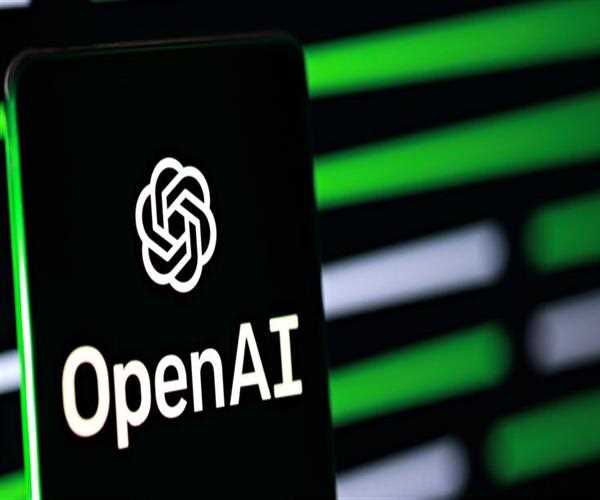
US Backs Musk's Argument in OpenAI Lawsuit
The United States government has gone an extra mile by defending Elon Musk’s stand in the case against OpenAI. As a backdrop for the case, questions Musk raised concerning OpenAI’s conformity with antitrust legislation and ethically correct AI are entertained. Some of the consequences that have serious potential for the future of AI governance, the question of IP rights, and the question of fairness in switching the competitive advantage of technology companies back and forth between the US and China involve the direct participation of the government. This lawsuit may become a model for interaction between the representatives of the regulatory authorities and the innovators in the field of AI.
Highlights:
- The US government has officially backed Musk’s argument in the OpenAI lawsuit.
- Musk claims OpenAI’s practices violate antitrust laws and ethical guidelines.
- The lawsuit focuses on AI governance and competitive fairness.
- The government’s stance signals increased regulatory scrutiny of AI firms.
- The case could shape the future legal framework for AI innovation.
Analysis of the Lawsuit’s Impact
Musk has been vocal on the dangers of AI in the recent past, and this lawsuit is proof of his worry. Its satisfaction arises from the fact that the author’s argument about OpenAI’s drift from its original mission finds an echo in the regulators. That the government is providing support for his claims indicates that the issues Musk is raising are probably true and are indicative of the_Validating Claims when the_ increasingly monopolistic conduct by technology companies. This is not just the battle of Musk or OpenAI, this is about the rules in the advancing field of AI.

Implications for AI Governance
AI companies may face regulatory measures to adhere to ethical standards and the lawsuit could also make recommendations toward fair competition. They make one wonder whether some players in the AI market are over dominating. Gradually embedding AI into virtually all sectors, the government’s intervention could help to balance the scales in favour of smaller participants and bring some corporate accountability into the equation.
Broader Ramifications
This case therefore revolutionizes the way governments deal with AI entities. It addresses the concern toward the increasing instances of implementing artificial intelligence, and the consequent awareness for AI responsibility. Anyway, the lawsuit reveals the necessity of cooperation between the public and private sectors to achieve the ethical implementation of AI. Here, it means that the interference of the US government contributes to the formation of a new process which is characterized by more effective regulation and better distribution of powers in the sphere of AI production.


